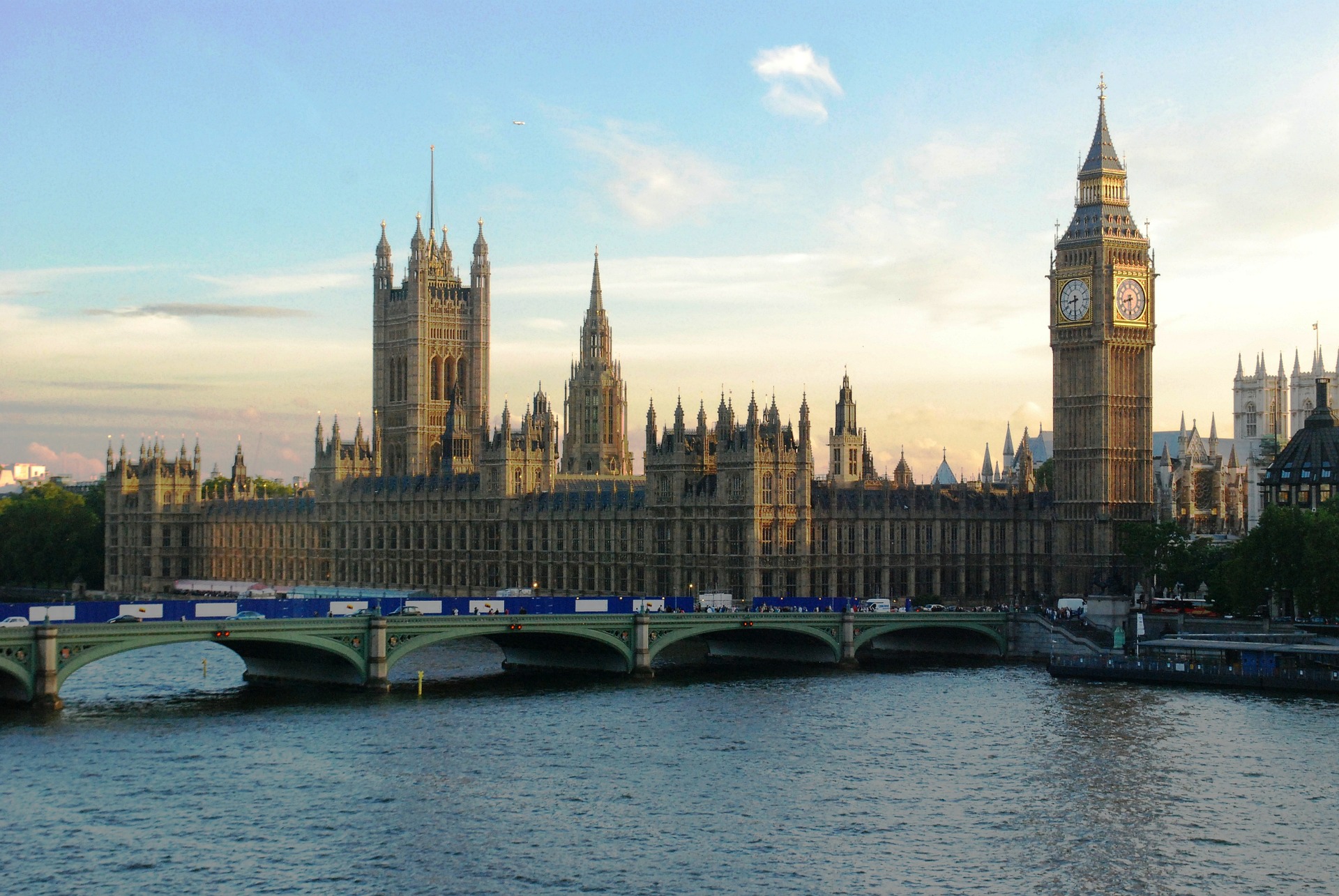
Clear the Lobby: What laws are MPs voting on this week? – w/c 22nd July
July 22, 2019
5 Common Mistakes to Avoid in Training Contract Applications
July 24, 2019Your round-up of the stories that you should discuss at interview this week:
Government to Crack Down on NDAs
Reported by Sarah Mullane
Following a consultation earlier in the year, the government has announced plans to implement legislation cracking down on the misuse of gagging orders in the workplace. According to the announcement, the legislation will be designed to stop employers from covering up cases of sexual harassment, discrimination and assault by using non-disclosure agreements (NDAs).
Despite no significant details being divulged, the proposals put forward by the Department for Business, Energy & Industrial Strategy would mean that NDAs stopping employees from disclosing information to doctors, lawyers or the police would be banned, and those signing NDAs would need to receive legal advice from an independent legal source on the limitations of such clauses. In turn, solicitors would also be provided guidance on the drafting of settlement agreements. Under new laws, employers will also be required to use plain English to explain the limitations of their NDAs to employees through settlement agreements and written statements, and any agreements which do not comply with the new legislation will be void.
The announcement has been widely welcomed by many prominent figures, including the chief executive of ACAS, and business Minister Kelly Tolhurst, who released a statement condemning the use of NDAs to silence victims, and stating that new legislation will “stamp out misuse, tackle unacceptable workplace cultures, protect individuals and create a level playing field for businesses that comply with the law.” Despite the mostly positive response to the news, several legal professionals have voiced concerns at the lack of details provided, with Paul Quain, a partner at employment firm GQ Littler, stating that lawyers had been “advising clients about the precise limits of confidentiality clause for years” and that the proposed laws will have little impact on the “majority of cases.”
Despite NDAs being designed to safeguard commercially sensitive information, it appears that they have more recently been used as a means to stifle misconduct, such as in the recent case of Sir Philip Green, who has been accused of using several NDAs to stop employees from speaking out. Though new laws will go some way to prevent this, it is thought, despite new legislation, NDAs will still be able to lawfully silence cases of sexual or racial misconduct, where the behaviour is deemed as ‘non-criminal’.
Regulators and Google Step up Pressure on Viagogo
It has been a tough week for Viagogo after the Competition and Markets Authority (CMA) vowed to continue contempt of court proceedings against the secondary ticketing website, and Google revealed that it had suspended the company’s advertising account.
Last year the CMA brought proceedings against Viagogo, claiming that its practices breached the Consumer Rights Act 2015 and other consumer legislation. In November 2018, it obtained a court order requiring the site to make certain changes, with the general aim of increasing transparency for consumers as to the origin and face value of tickets purchased on the site. The CMA believes that Viagogo has not met the terms of this order and so has now started contempt of court proceedings.
Viagogo has won an early victory in these proceedings, with a judge ruling last week that Viagogo’s practice of displaying the face value of tickets when users “hovered over” certain text did not breach last year’s order. However, the CMA maintains that Viagogo is still in breach of other aspects of the order and will continue to pursue its action for contempt.
This story followed Google’s announcement earlier in the week that it had suspended Viagogo’s advertising account. Historically, touts have paid Google to feature at the top of its search results when consumers search for tickets sold by them. This is misleading for consumers who understandably believe the top results to be for the “official” ticket vendor rather than a re-seller.
Google had introduced new rules requiring secondary ticket sites to be more transparent in their adverts, but it said that Viagogo had not done enough to meet these new requirements.
These developments will be welcome news for consumers and continue the legal and commercial backlash against the lucrative business of touting.
For more on this story, see here and here.
Intelligence and Security Committee Urges Government to Reach Decision on Huawei
The Intelligence and Security Committee of Parliament (the “ISC”) issued a statement this week, urging the Government to make a decision on whether the Chinese telecoms giant Huawei should be permitted to supply equipment in the construction of UK’s 5G network infrastructure. It stated that the continued delay was “causing serious damage to [the UK’s] international relationships”.
The UK is under pressure from certain allies to exclude Huawei from its infrastructure over security concerns arising from the company’s perceived close connection with the Chinese state. In particular, the US has not only stopped the company from supplying its 5G network, it has also banned US tech companies from selling equipment to Huawei, a move which has significantly hurt the company’s profits.
The UK government had been due to make a decision on this issue earlier in the year but this was postponed after Theresa May announced her resignation. Interestingly, the ISC’s statement claims that rejecting Huawei would actually increase the risk to national security, stating that:
“the telecoms market has been consolidated down to just a few players: in the case of 5G there are only three potential suppliers to the UK – Nokia, Ericsson and Huawei. Limiting the field to just two, on the basis of the above arguments, would increase over-dependence and reduce competition, resulting in less resilience and lower security standards. Therefore including a third company – even if you may have some security concerns about them and will have to set a higher bar for security measures within the system – will, counter-intuitively, result in higher overall security.”
We will know by Wednesday this week whether Jeremy Hunt or Boris Johnson will be the UK’s next Prime Minister. This important decision will be one of many on our future leader’s substantial to-do list.
For more on this story, see here and here.
Get these updates straight to your inbox every week by signing up here.



